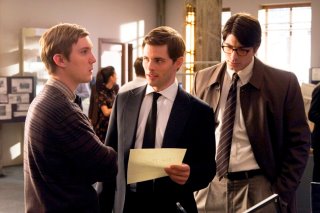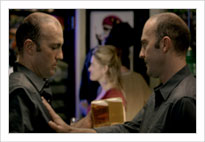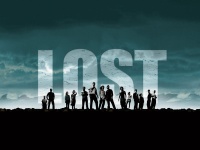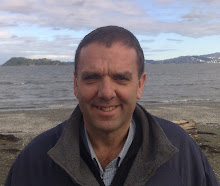
So what does your church smell of?
Now before you start thinking I have lost the plot completely and am heading into the realm of marketing manipulation lets face up to a reality. Your church does smell of something at the moment. Possibly wood polish, old paper, slight damp or industrial cleaning product. Maybe that smell you get in charity shops or second hand stores. If you are from some traditions incense or burning candles.
Research apparently indicates that 75% of our daily emotions are triggered by smell but 80% of commercial communication is targeted at eyes. A growing band of companies are looking at signature scents as a means of creating positive associations for their customers.
Singapore Airlines, a pioneer in the area use their own perfume called "Stefan Floridian Waters" in the hot towels, flight attendants fragrance and in the air in the cabin.
Omni Hotels spreads the scent of lemongrass and green tea in hotel lobbies of its 40 North American hotels. Omni also uses a chocolaty coffee scent in some coffee shops as a way of creating "a sense of place".
Have you walked into a bakery and smelled that warm and comforting aroma of just baked bread? Some local bakeries have an electronic dispenser that sprays an artificial baking scent into the store every few minutes.
Thomas Pink have the aroma of "line-dried linen" wafting through their stores.
It seems to work both ways. Smells with which you have a positive association will make you feel good about the place. This is why some house sellers roast a couple of coffee beans under the grill before open home viewings. But you can also create your own association by people having a positive experience and liking the smell.
It is not a new idea. The Romans commonly used incense in Triumphal Processions the smell premeating the atmosphere and slowly spreading into the crowd.
Paul picks up the idea in 2 Corinthians 2 from verse 14
"But thanks be to God, who always leads us in triumphal procession in Christ and through us spreads everywhere the fragrance of the knowledge of him. For we are to God the aroma of Christ among those who are being saved and those who are perishing. To the one we are the smell of death; to the other, the fragrance of life. And who is equal to such a task? Unlike so many, we do not peddle the word of God for profit. On the contrary, in Christ we speak before God with sincerity, like men sent from God."
There is some amiguity in the image of the procession. Paul could be thinking of sharing in the triumph with Christ or walking with the prisoners with Christ. In either event we are the fragrance of the knowledge of Christ to the world.
The image shifts but remains centred on the sense of smell. We are not just an aroma to the world but to God himself. Here Paul is picking up some old testament imagery where the burnt offerings of his people are portrayed as a sweet smell. Noah in Genesis 8 makes an offering where there is an association of the smell with forgiveness, acceptance and a covenant (as well as a visual aid - the rainbow). In Exodus 29 the burnt offering is described as a sweet aroma to God but there were undoubtably smell associations for the people too!
The smell that we are has positive and negative associations depending on who you are. To those who are being saved it is the fragrance of life, leading to life - like the old "Bisto" adverts. To those who are perishing it is the smell of death.
I think the way our churches smell matters but I figure what we smell like matters more.
It's not easy, its not for profit, it requires sincerity recognising that it is God who calls and approves us.
In short - it's smelly work.













